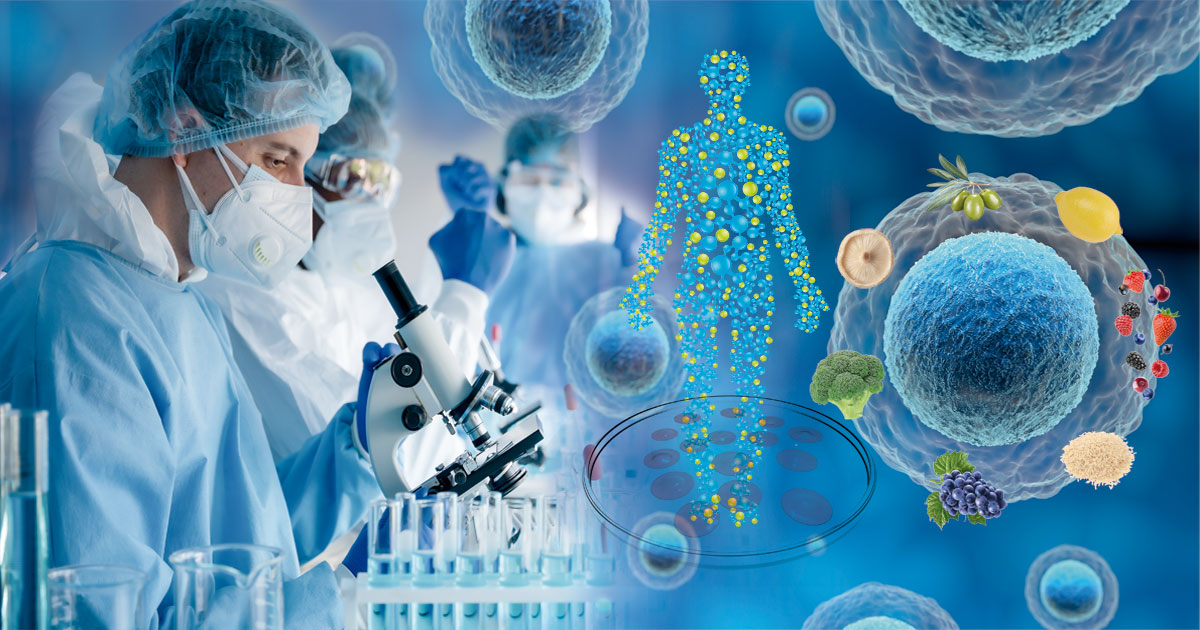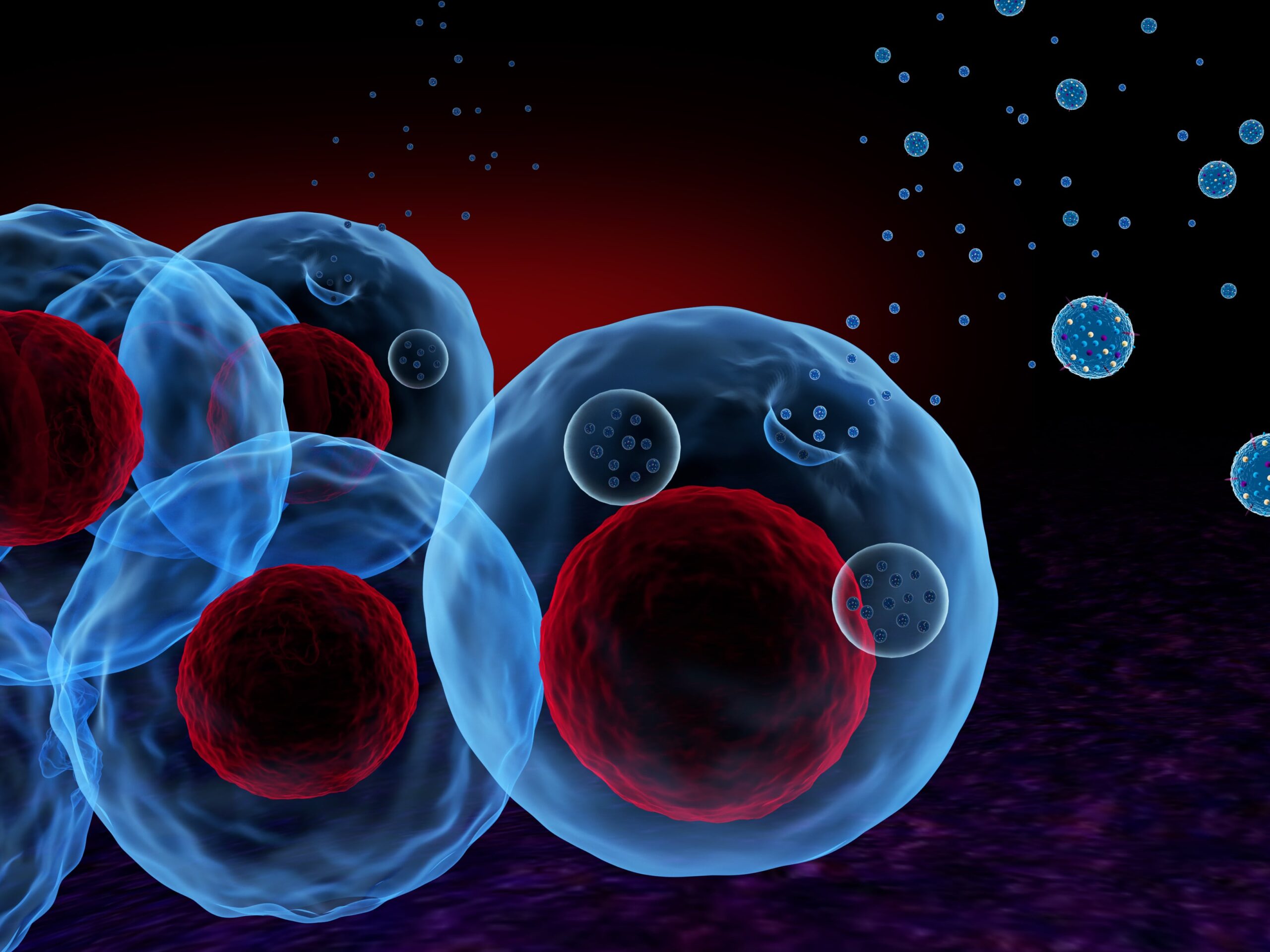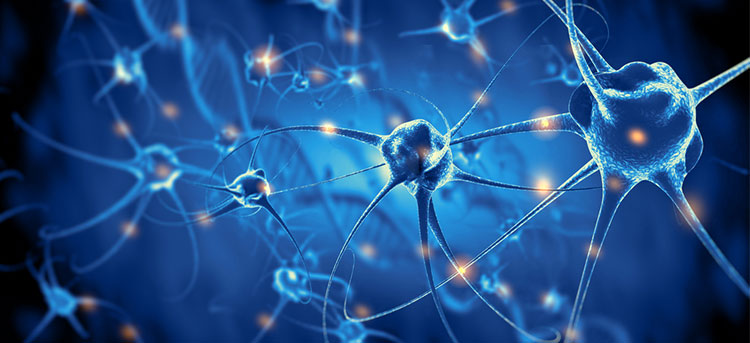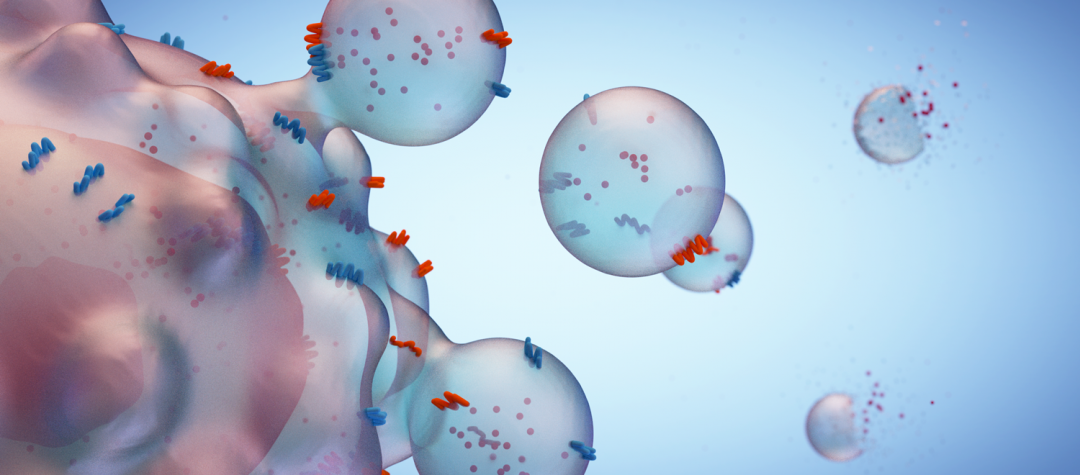
Exosomes are small lipid double-membrane vesicles (usually 30-200 nm in diameter) that are secreted from all cells. Exosomes encapsulate a portion of the stem cell's cytoplasm and shed into various biofluids, such as blood, CSF, and urine.

Exosomes are best defined as extracellular vesicles that are released from cells following fusion of an intermediate endocytic compartment, the multivesicular body (MVB), with the plasma membrane.

Understanding exosomes Their main job is to act as a connection between all of our cells, facilitating communication, whether the cells are close to each other or distant. The information they carry tells our cells to turn certain functions on or off or to react in a certain way.
Exosomes, produced mainly by stem cells, have been devised as a tissue regenerative treatment. This was discovered by research where it was observed that the reparative effect of stem cells can be replicated using only exosomes.
How is the treatment of exosomes?

What does it consist of? During exosome therapy, the Regenerative Medicine specialist injects the patient, directly into the affected area, with external exosomes. In this way the regenerative treatment will begin.